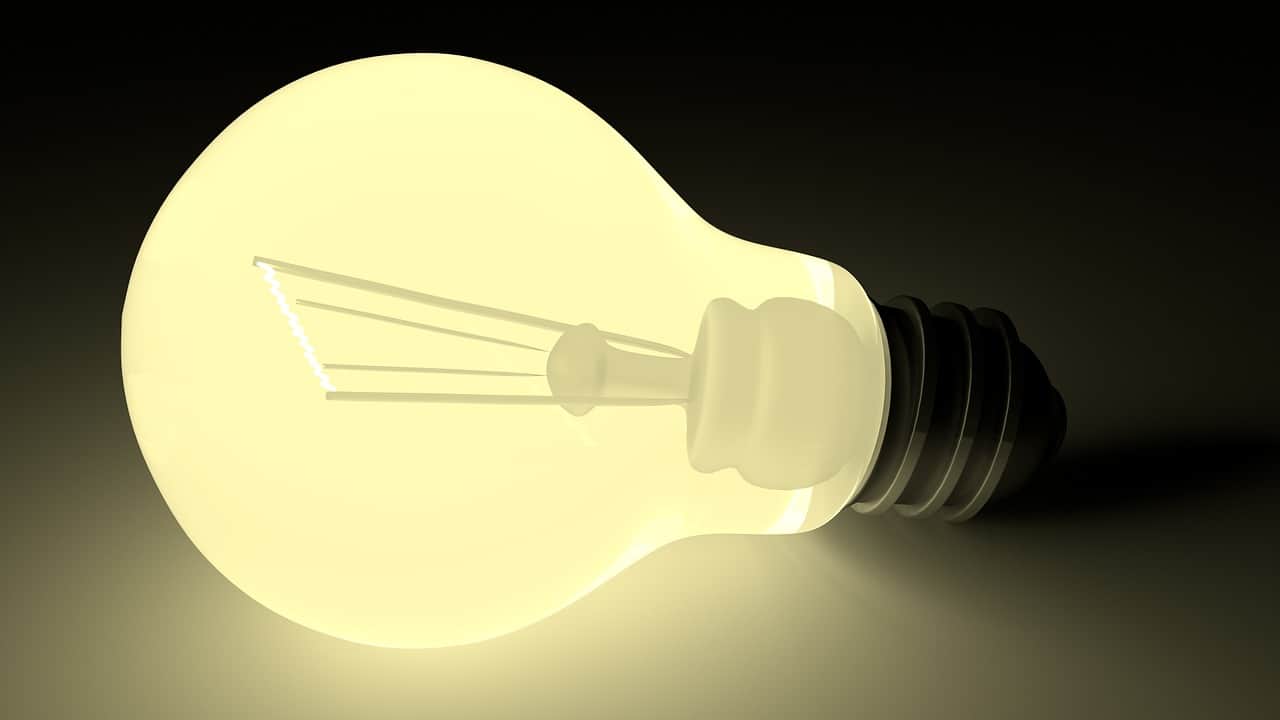The Benefits of Bright Light Therapy for Bradbury Seniors Potentially Includes Relief From the Depression That Keeps Them Isolated
Are you depressed and without companions? Pegasus services in Bradbury and elsewhere include providing companionship. We are also familiar with the use of bright light therapy to help relieve depression and other conditions.
Human bodies undergo a natural sleep/wake cycle daily. That’s known as the “body clock” or circadian rhythm. For most individuals, their body clock ticks on a 24-hour schedule.
Circadian rhythms are governed by light. When the normal daylight and nighttime dark patterns are disrupted, you may experience sleep, mood, or cognitive problems. If you can’t get enough daylight to “reset” your clock, bright light therapy can help.
Light therapy, also known as phototherapy, means letting light enter through your eyes. It works even if you are blind. The intensity and timing of the light are controlled.
You can spend time outdoors if you’re careful to avoid getting too much sun. More often, your doctor will suggest a lightbox. Either way, never look directly into the light.
Lux is a measurement of the intensity of the light. Sunlight averages 32,000 to 100,000 lux, depending on the position of the sun. Lightboxes are often 10,000 lux.
Conditions for Which Light Therapy is Beneficial
Seasonal Affective Disorder (SAD) is a type of depression that usually occurs in the fall or winter. It’s due to a lack of sunlight. Spending about half an hour near a light box daily is often prescribed for SAD.
SAD isn’t the only condition helped by light therapy. Another area in which it has been very beneficial is sleep disorders. Your body produces melatonin to make you sleepy as it gets dark.
If your circadian rhythm is disrupted, melatonin isn’t available when it should be. You may not fall asleep until the wee hours and not get up until very late the next day. Or you may fall asleep in the late afternoon or early evening and be wide awake in wee hours.
Individuals who have Alzheimer’s Disease or other dementia often can’t sleep at night. Bright light therapy helps reset the body clock to resolve most forms of insomnia.
Other conditions for which light therapy is helpful include:
- Depression other than SAD, such as bipolar
- Skin conditions, such as psoriasis
Treatment for these should be under the care of your physician. The type of light used, the intensity, and time vary, especially for skin conditions.
Research is pointing to the use of light therapy for attention deficit hyperactivity disorder (ADHD). It has also improved motor function in individuals with Parkinson’s Disease. Eating disorders, such as bulimia, may benefit from light therapy.
Light therapy isn’t a cure for most conditions. It will, however, relieve symptoms for many individuals. The time needed for relief varies from a few days to a few weeks.
Not everyone is helped by light therapy. Those whom it does help often have more energy and an increased sense of well-being. Some individuals can reduce or stop their medications.
Because light boxes appear to be bulbs enclosed in a box, it’s easy to think you can build one yourself. Not a good idea. The light emitted must be calibrated for specific lux.
The construction must also ensure that there’s minimal heat build-up in the box. A homemade box can also pose an electrical hazard.
It’s also a bad idea to self-treat by spending hours in the sun. Getting a sunburn only makes things worse. Tanning beds do not provide beneficial light therapy.
Although Rarely, Light Therapy Can Have Side Effects
Bright light therapy can have side effects, which is another reason that do-it-yourself isn’t the best idea. Several medications are photosensitive, which make your skin sensitive to light. These include, but aren’t limited to:
- Accutane and other acne meds
- Antibiotics
- Heart meds
- Painkillers
- Statins for high cholesterol
Your doctor or pharmacist can tell you if your particular medication will make your skin more sensitive to burning. Adjustments, if needed, can then be made in the intensity and time of your light therapy.
Common side effects of light therapy include:
- Agitation
- Eyestrain
- Headache
- Irritability
- Nausea
For most individuals, the side effects are rare, mild, and quickly disappear.
The one group of people who potentially can have more serious side effects are those with bipolar depression. Light therapy can trigger a manic episode. Any side effects should be discussed with your physician.
Pegasus Home Health Care Professionals in Bradbury and Other Locations Understand Light Therapy
Pegasus home health care is intended to maximize your quality of life. Your health may keep you isolated and without companions. We know that social interaction is essential.
Bright light therapy can be useful in many conditions. If you merely need a little more Bradbury sunshine, we can help you get safe amounts. When appropriate, we’ll work with your physician in using a lightbox when natural light isn’t enough.
As well as attending to your health needs, we spend time helping you enjoy the company of friends and family. Whatever the level of care or assistance desired, Pegasus professionals and aides are here for you.

